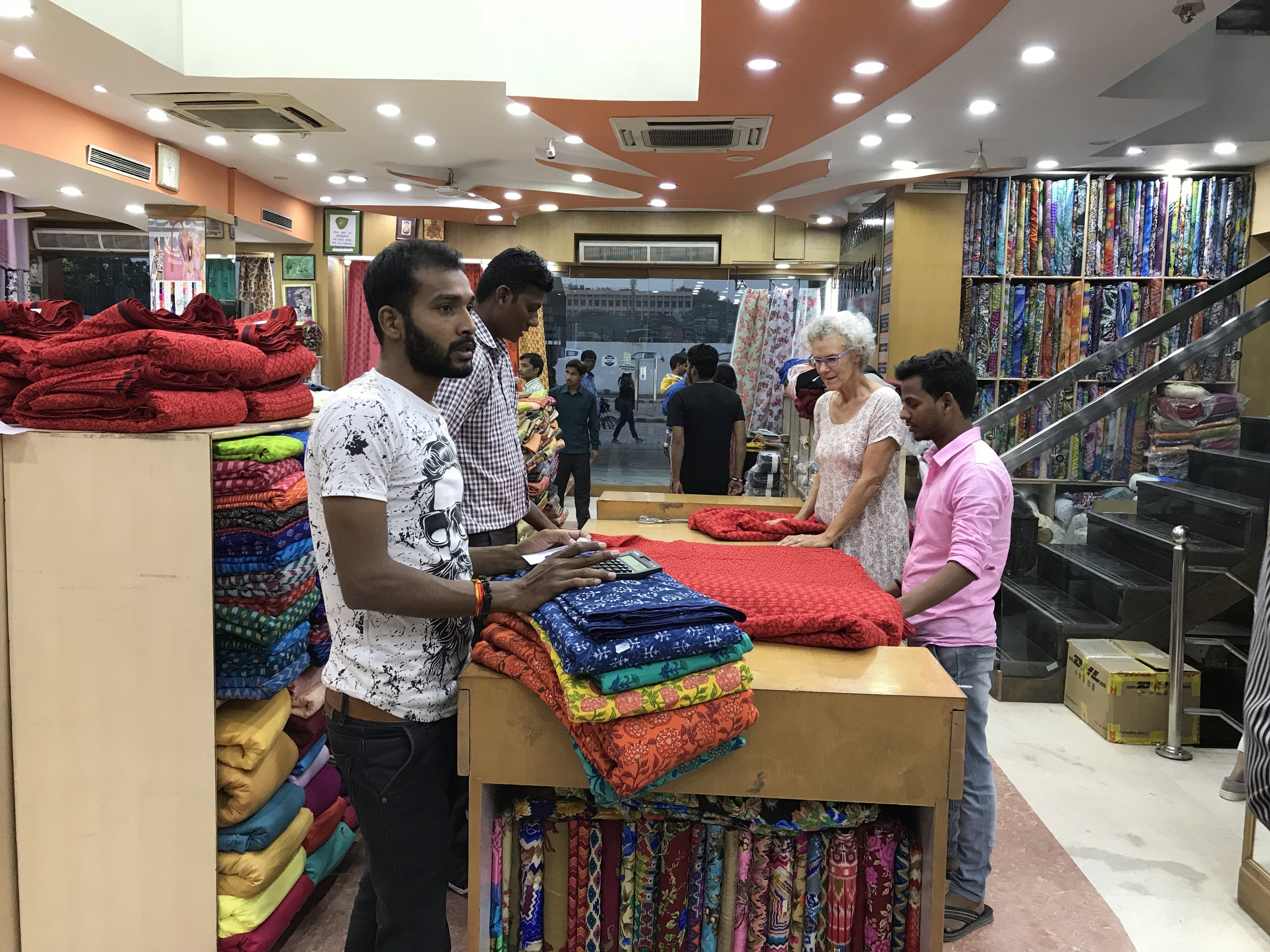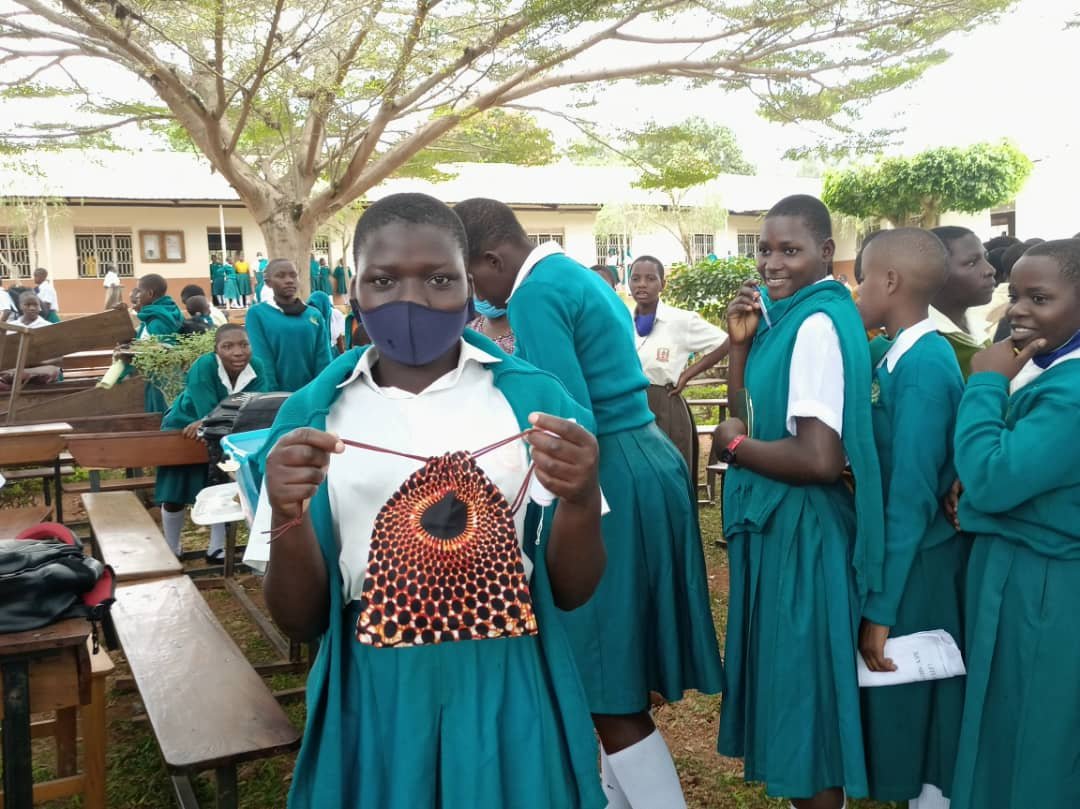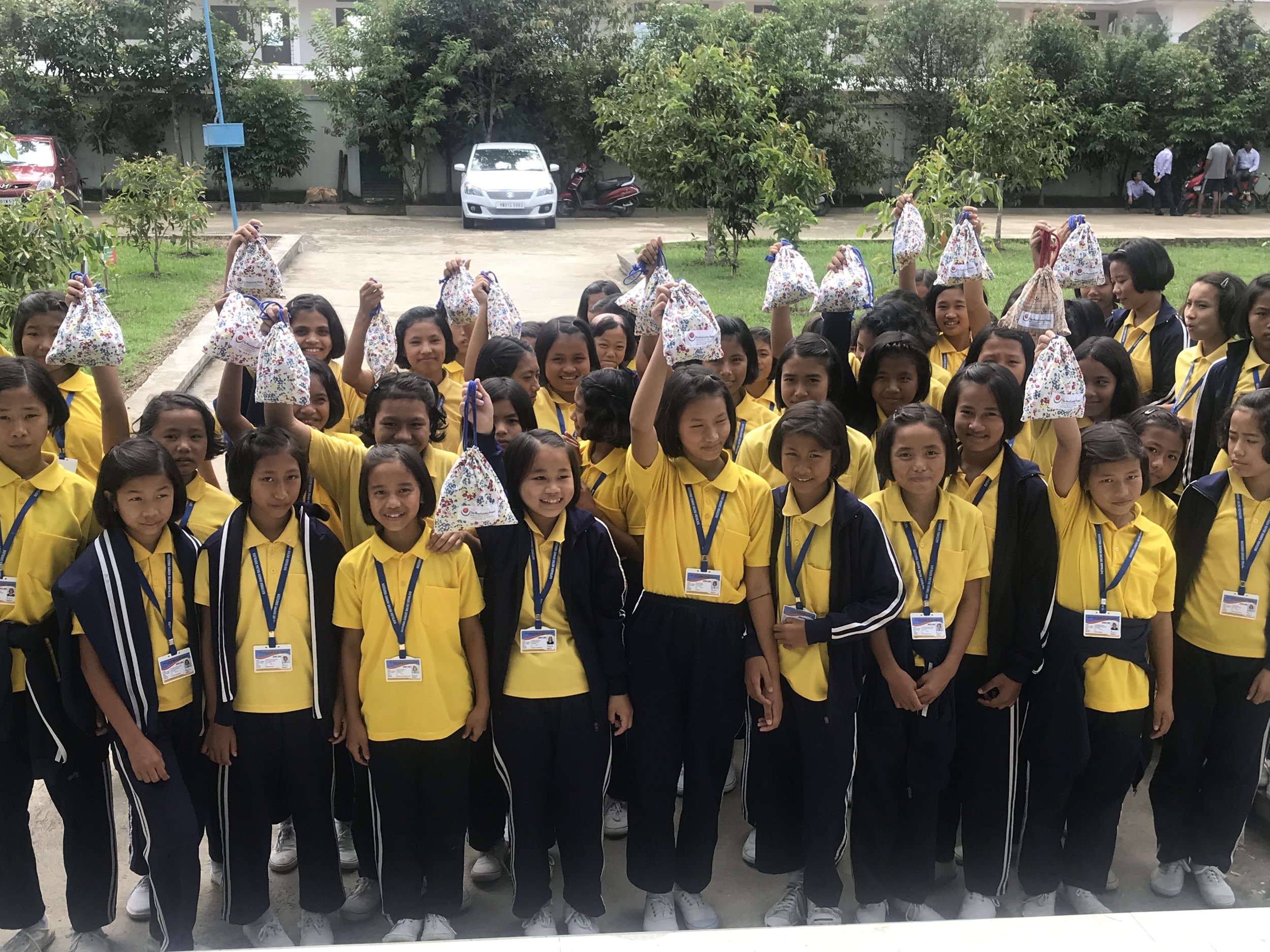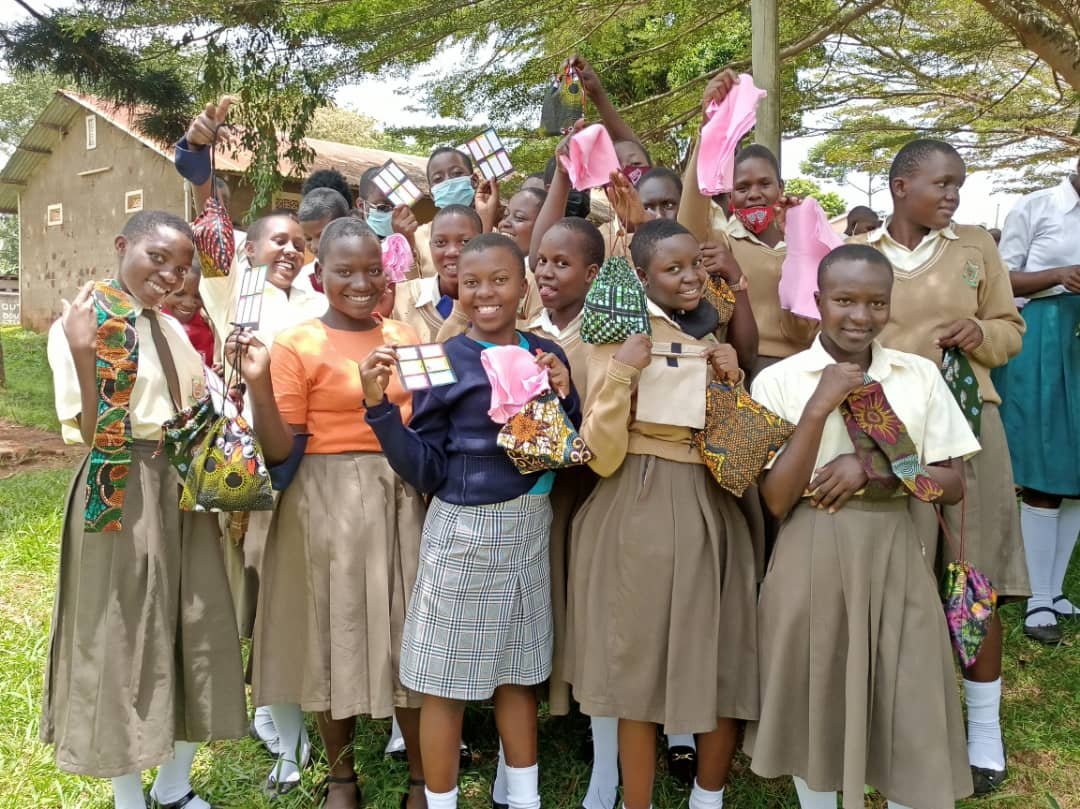Our Story
In 2010, Ellie von Wellsheim attended the The Women's Global Giving Circle in Saratoga Springs, New York. That day, Denise Stasik, an American volunteer gave a talk to the Circle, enlightening attendees that girls in Zimbabwe were using whatever they could find to help deal with their menses. Denise and Heidi Ricks were volunteering in Africa and brought this story back to the U.S.
Denise Stasik wrote: "This need was brought to my attention in an odd way when I was working in Zimbabwe. During our feast day, a sudden wind sent our paper and plastic bags swirling across the sand. Quickly, young children jumped up and ran to retrieve them. Rather than returning to our table, the children ran towards their homes, carrying the bags with them, big smiles on their faces. I asked an elder woman what was happening. She explained that young women often cannot leave their homes for one week each month while they have their period, as they have no hygienic products. They use whatever they or their children can find – mixtures of dirt and grass, newspaper, plastic bags. They must wash and save these things to reuse month to month. Not only are these materials irritating to the skin, they are unsanitary and can lead to dangerous infections. In addition, we learned that most women could not afford the equivalent of $1 US per pad when the daily wage, if any, was often less than $1.00 US per day. If the cost alone is not prohibitive, the disposal of these products is. There is no weekly garbage pick-up. There are no garbage cans for disposal of waste."
Ellie, having grown up in her father's sewing factory, has been around fabrics, sewing machines and pattern making since she was a little girl. She's had a sewing business herself and knew she could streamline the production of the reusable pad she saw that day and find people here in the U.S. to make it. With Denise's blessing she set to work and founded The MoonCatcher Project.
The pattern has changed over time with input from Ellie's daughter who frequently tested the pad. Also, design changes have occurred with input from many African girls. Today the pads comes in a kit with a waterproof bag for the used pads along with a drawstring bag to carry everything. It is distributed with a menstrual management and reproductive health curriculum and a calendar so that girls understand what is happening to their bodies and can chart their cycles. In Uganda we have added soap and a washcloth to each kit.
Today, The Project has made an impact in over 30 countries around the world and supports eight sewing guilds in Africa. In India we established a sewing center where five women working full-time produced up to 2000 kits per month. Over 30,000 kits have been distributed in India since 2018. We have also assisted partner organizations to start other cooperatives in Pakistan, Nigeria, Zimbabwe and the Philippines.




